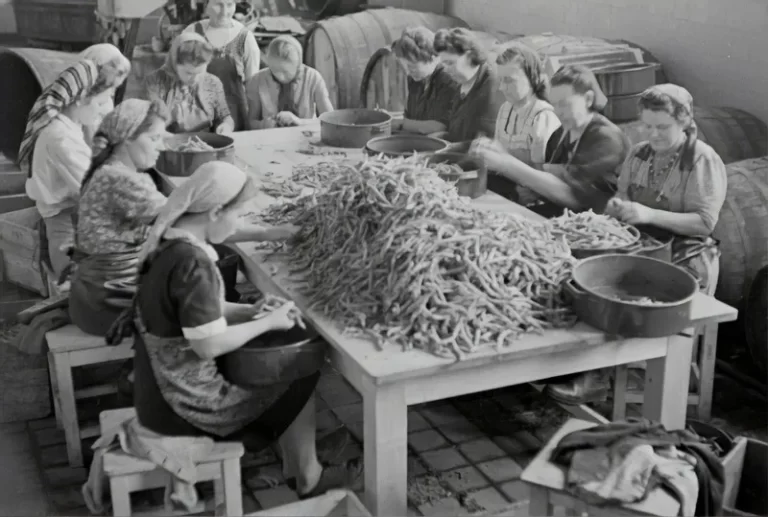
Labelling Theory and Health Conditions
Introduction Labelling theory, a cornerstone of symbolic interactionism, offers a vital framework for understanding how individuals and groups are identified, classified, and socially treated based on perceived deviance or abnormality. Originally conceptualised to interpret processes of deviance in criminology, particularly…









